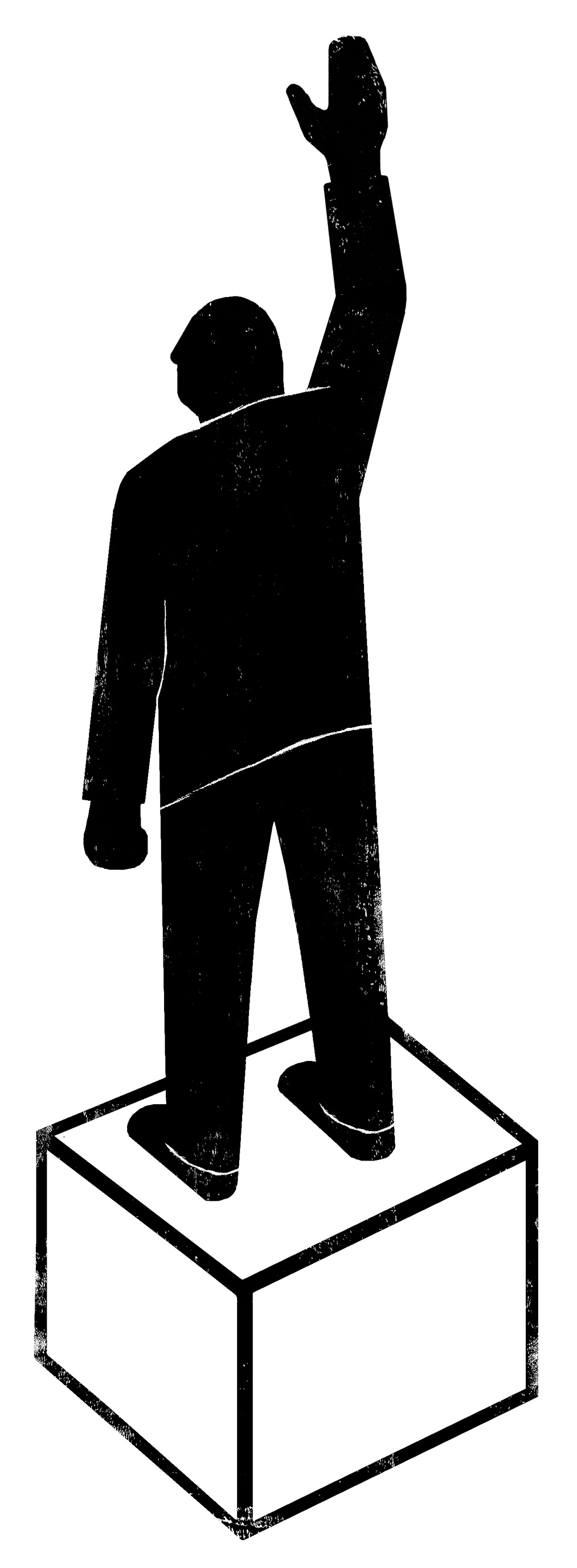
Just over 40 years ago, the United States signed an “Agreement on Ending the War and Restoring Peace in Vietnam.” It did neither. President Richard Nixon called it “peace with honor.” But it wasn’t.
All the agreement did was end direct U.S. involvement in the war, but certainly not the war itself, nor the conflict about the conflict. In the 40 years since—despite more recent military strikes and interventions in Lebanon, Grenada, Libya, Panama, Iraq, Kuwait, the former Yugoslavia, Somalia, Afghanistan, Yemen, Iraq (again), Pakistan, Somalia (again), Libya (again), Yemen (again) and elsewhere—America remains in the thrall of its war in Southeast Asia.
The question begs: 40 years later, why is anyone still talking about the Vietnam War? Why, after 30,000 books on the conflict, are more being regularly churned out? Why, over the last decade, have countless pundits and writers and analysts and government officials viewed the wars in Iraq and Afghanistan through the lens of the conflict in Vietnam? Why, when the U.S. was looking for solutions to its recent wars, did it turn to a general, David Petraeus, who had written his dissertation on the “lessons” of Vietnam and who turned to counterinsurgency—the failed solution from that failed conflict—as a military panacea for impending disaster? And why has the president now turned to Vietnam veterans, Chuck Hagel and John Kerry, to head the most important national security positions in Washington? Why, in other words, is America still stuck on its war in Southeast Asia?
There is, in fact, a very good reason: America’s collective failure to reckon honestly with the reality of the Vietnam War. The reason that the conflict rises again and again like a B-movie monster is because United States has long refused to truly acknowledge, let alone take responsibility for, the bombs and artillery shells and grenades and rockets and mines and bullets and incendiary weapons and chemical defoliants that ravaged the land, made refugees of more than 11 million, killed an estimated 2 million and wounded 5 million more.
In Vietnam, where the “lives” of the deceased are believed to be inextricably intertwined with those of the living, it is thought that those who die a “bad death” may be forced to suffer as “wandering ghosts,” trapped in a limbo between this world and the land of the dead. In this shadow land, they forever re-experience the violence that ended their lives, unable to attain peace until the living truly acknowledge them and the fate they suffered. The idea of such wandering ghosts is an unfamiliar one for most Americans, but we shouldn’t be too quick to dismiss it. The crimes committed in America’s name in Vietnam were this country’s “bad death,” and they have never been adequately confronted. As a result, they continue to haunt our society in profound and complex ways.
Despite the decades that have passed, despite the presidents who have attempted to rebrand the conflict or dispatch it to the dustbin of history, the conflict continues to haunt America and its people. Never having come to grips with what this country actually did during the war, we see its ghost arise anew with every successive military intervention. Was Iraq the new Vietnam? Or was that Afghanistan? (Or could it be Pakistan or Yemen or Somalia?) Do we see “light at the end of the tunnel”? Are we winning “hearts and minds”? Are we applying “the lessons of Vietnam”? What are those lessons, anyway?
The true history of Vietnamese civilian suffering does not fit comfortably into America’s preferred postwar narrative—the tale of a conflict nobly fought by responsible commanders and good American boys, who should not be tainted by the occasional mistakes of a few “bad apples” in their midst. Still, this is hardly an excuse for averting our eyes from the truth: a history of suffering almost beyond comprehension. If this country ever wants to start down a path toward true “peace with honor” or even, as another president put it, “kick the Vietnam syndrome,” its people will first have to acknowledge the truths of that conflict. Until then, however many decades pass and however many other wars are waged, the U.S. will continue to be haunted by the ghosts of Vietnam.
Nick Turse is the managing editor of TomDispatch.com and a fellow at the Nation Institute. He is the author most recently of Kill Anything That Moves: The Real American War in Vietnam.






0 Comments